This post may contain affiliate links, from which we earn an income. Click here to read our affiliate policy.
Keeping Safe & Secure in Your Motorhome
If you live or travel in a motorhome then you need to know how to stay safe and keep on the right side of the law, especially if you’re visiting foreign countries.
We’ve been on the road for nearly five years, travelling in the UK, Europe, Turkey, the Caucasus and Morocco, and in this guide we share all out tips and everything you need to know about staying safe and legal in your motorhome.
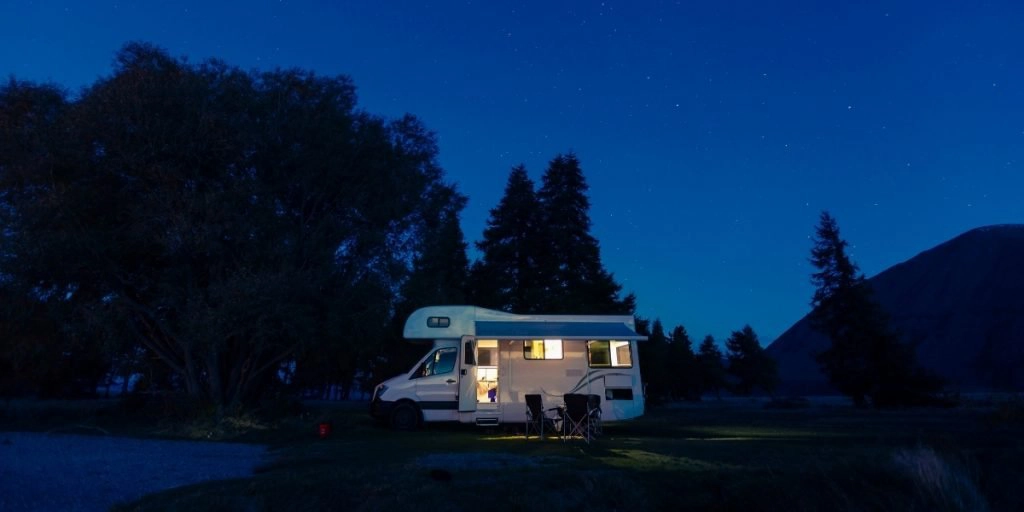
Motorhome Security
Your motorhome or campervan is probably one of the biggest assets you own. Keeping it and its’ contents safe should be a key part of your planning when taking a trip.
There are really three types of motorhome security measures to consider;
We are not experts in physical or electronic security devices and have found a lot of useful information by searching Google and motorhome forums. Try searching for motorhome trackers, motorhome security ideas or diy motorhome security.
We can’t tell you all you need to know about security, but we can share with you what we know about situational security. After living in our motorhome for nearly five years, visiting over 20 countries and wild camping for at least half that time, we have developed our own routines and methods of ensuring we (and our motorhome) stay safe.
Staying Safe
I can honestly say that in the time that we have been travelling, I have never felt unsafe, even as motorhome beginners. Wild camping, walking around the nearest town late at night after a few beers and chatting to locals, visiting cities and stopping on sites and aires. However, it would be naive to think that the risks of being a foreigner abroad in a motorhome don’t exist.
Motorhome break-ins and thefts do happen but by planning accordingly and being aware of your surroundings and the risk, you can minimise the risks.
Follow our tips, use your common sense and follow your gut feelings and you will stay safe.
Insurance
Vehicle Insurance
Motorhome and caravan insurance is usually managed through a specialist broker who will be able to access the best prices. Don’t use comparison sites, they are confused by quotes for motorhome insurance and nine times out of ten when you try to actually take out the insurance, the price will be incorrect (always lower, never higher than it should be!).
It is not usually possible to use a no-claims bonus on motorhome or campervan insurance but some companies will ‘mirror’ your no claims if you have proof, which may help. The costs will depend very much on age and value of your vehicle; if your van is worth over £60k expect to pay upwards of £1,000 a year, more if full-timing. Some companies will include motorhome breakdown cover which is heavily discounted, get this included if you can.
You no longer require a green card to as proof of insurance is travelling in the EU, but make sure to understand any limitations to overseas travel, some insurers will limit trip duration and will not cover you for all countries you may wish to visit, such as Albania, Turkey or Morocco. You may have to pay extra for a Green Card for these countries.
Read the small print! Some insurers are very specific about how long you can leave your van unattended overseas and some will refuse to pay out if your van is parked on the street instead of the declared drive and is stolen. Remember, most insurers will do whatever they can to get out of paying a claim…I’m not cynical, much!
If you are full-time, this is a more specialist area and insurance usually has specific conditions, read more about that here.
RELATED POST: Motorhome Glossary – A-Z of Terms & What They Mean
Travel Insurance
Make sure you have an up to date EHIC (the old E111 card) which gives you the same level state provided medical treatment as citizens of that country would receive, and will do so until it expires. A new card, the UK Global Health Insurance Card (GHIC), has been introduced and provides similar cover to the EHIC.
However, not all EU countries provide full free at point-of-access medical treatment like the NHS does. In Spain for example, you will get basic care and treatment covered but if you need to see a specialist, then this is not covered under the reciprocal agreement. Further, your EHIC/GHIC will not cover repatriation to the UK. This is why you need to take out travel insurance alongside your EHIC.
How you do this depends on how long you will be abroad. Some banks include travel insurance in their current account packages, but this is likely to be time limited, age limited and may not cover you for pre-existing conditions.
If you are out of the UK for longer than the time limit, you will need to get backpackers insurance (I know, made me feel like a sprightly 25 year old again!) which will cover you for up to two years. This insurance often cannot be purchased prior to leaving the UK, so make sure you take it out before or risk a much higher premium and a waiting period before any claims can be made.
Home Insurance
Before heading off, make sure that you home insurance remains valid if your house in unoccupied. Many policies will only allow you 60 days before imposing strict actions you must take such as leaving the heating on to a certain temperature or naming a key holder.
Make sure you have travel insurance you can trust when travelling. We recommend True Traveller for their 5-star TrustPilot reviews, variety of cover options, best activities cover as standard, great prices, and excellent service.
Finances
We keep a spreadsheet of all our € costs and another with our £ costs so we can keep a track of where our money is going. If you’re new to this and wondering if you can afford to live in a motorhome then check out our detailed breakdown of costs and budget here, along with lots of tips to help you travel in your motorhome for less money.
We use a Caxton card pre-loaded with euros and this works well although don’t use it to pre-pay for fuel, as they are not a credit card and any pre-authorisation amount can be held for up to 21 days…ouch!
RELATED POST: What Is the True Cost of Touring Europe in a Motorhome?
Recommended Reading
Motorhoming Tips for Beginners: Essential Know How for Motorhome Life
Living in a Motorhome: Your Complete Guide to Motorhome Life
Keeping Legal
Documentation
You must prepare your vehicle and carry the following documents when travelling in Europe:
Most countries in Europe have different regulations, you can find them in our range of European motorhome touring guides.
The Complete Guide for Motorhome Beginners
With our best motorhome tips and advice about motorhome basics to where to park for the night and ideas for touring Europe, this is the ultimate resource for motorhome newbies.
This motorhoming ebook will help you get to grips with the inner workings of your motorhome, giving you confidence for life on the road and your first motorhome adventure!
Driving a Motorhome
If your motorhome is registered in the UK, you will need to have a valid MOT and road tax. Your motorhome must not exceed the gross vehicle weight once fully laden, not forgetting passenger weight. Unfortunately, this means returning to the UK annually for an MOT if your van is more than 3 years old.
Sounds obvious, but you must have a valid licence. If you passed your driving test before Jan 1st 1997 you will have grandfather rights on your license and can also drive a motorhome over 3,500kg. All Cat C categories need to be renewed at 45 years of age and every five years thereafter, this means a medical and re-application for the category on your license. Cat C1 licenses (along with all other categories) need to be renewed at 70 and may require a medical.
Your UK licence allows you to drive in all EU countries. If you only have a paper driving licence or a licence issued issued in Gibraltar, Guernsey, Jersey or the Isle of Man then you will need an International Driving Permit.
Again, it sounds obvious but follow the road signs and don’t go where you shouldn’t in your motorhome. Google Translate is great for helping with this and a number of times we have had to pull over to check what certain words mean…and have usually been glad we did!
There are various views about whether European police can catch up with you at your UK address if you are flashed by a speed camera. Under the Brexit agreement, information sharing regarding vehicles and driving licences still takes place, so expect to get that fine when you arrive home.
Tolls
Tolls are confusing and vary from country to country. We always try and avoid toll roads and programme our sat nav to take the scenic route, but sometimes they are unavoidable.
There are systems you can use in most European counties which link to your numberplate and allow you to pass through without a barrier, your credit card is charged later.
Tolls are extortionate in France and you will likely be charged as an HGV vehicle. Portugal is the most confusing and I am not sure we paid all the tolls we should have, but there have been no repercussions.
RELATED POST: Tolls for Heavy Motorhomes >3.5T in Europe: Country by Country Guide
Low Emissions Zones
Lots of EU countries have low emissions zones in some of their cities. You can be fined if you drive into these areas (albeit) unknowingly.
Use this handy guide to check out which cities are affected and make sure you get your sticker or pay electronically to avoid a nasty surprise when you get home.
Parking
Whether you are parking, wild camping or utilising a space to sleep in your vehicle overnight, all EU countries have laws and regulations around this. Some are complex and can be unclear. Read our post on wild camping to find out more and understand how to stay within the law.
Looking for more motorhome advice and tips? Check out these top posts…
Must-Have Storage Ideas for Your Home on Wheels
Must-Have Mobility Aids for a Comfortable Motorhome Journey
MOT for Long-Term Travel Outside the UK: All You Need to Know
Reinvent Your Life: The Ultimate Gap Year Guide for Over 50s
Motorhome Life: Should You Sell Up to Travel Like We Did?
Why a Motorhome Adventure in Europe Should Be Your Next Trip
Love it? Pin It!
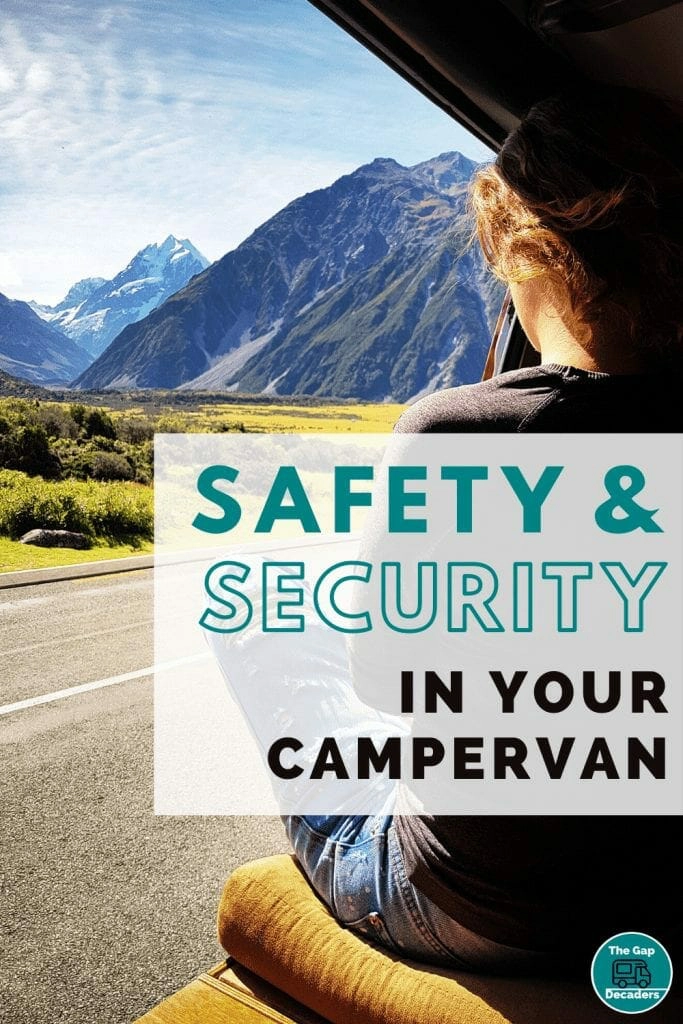
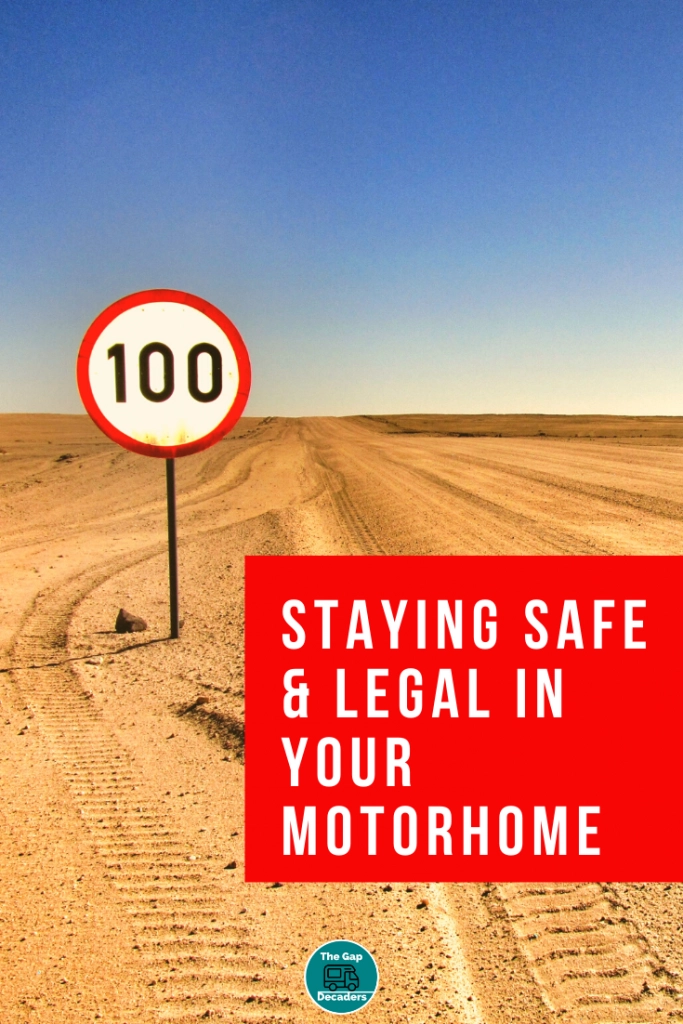


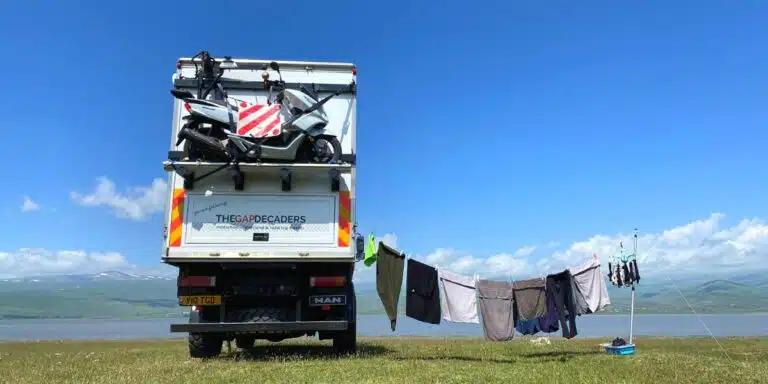

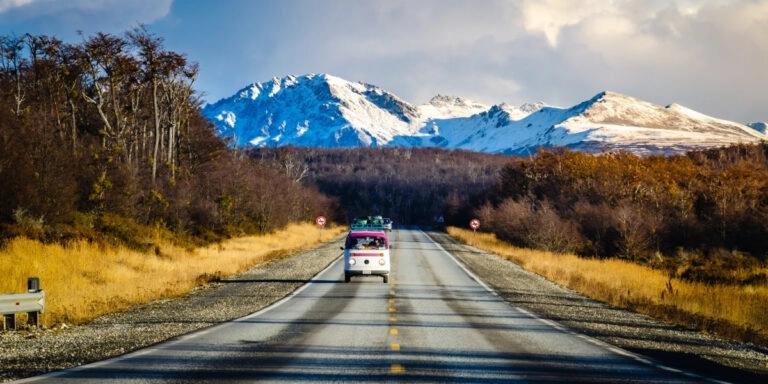
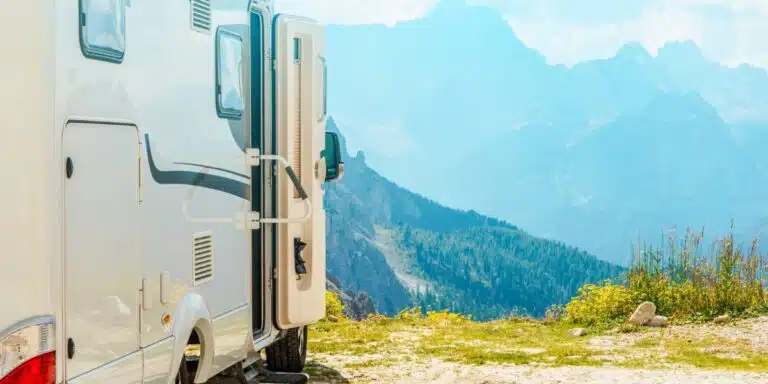


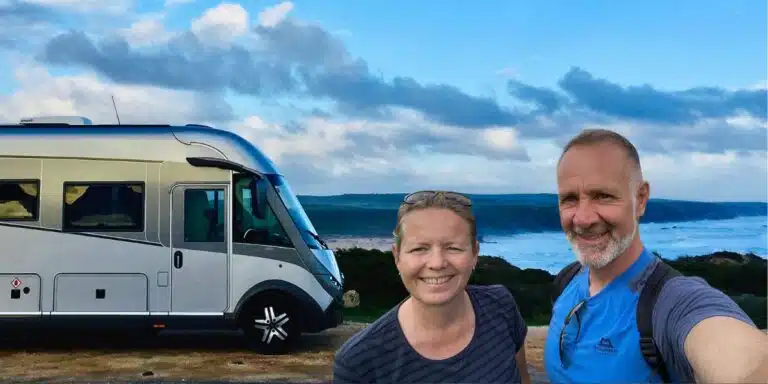
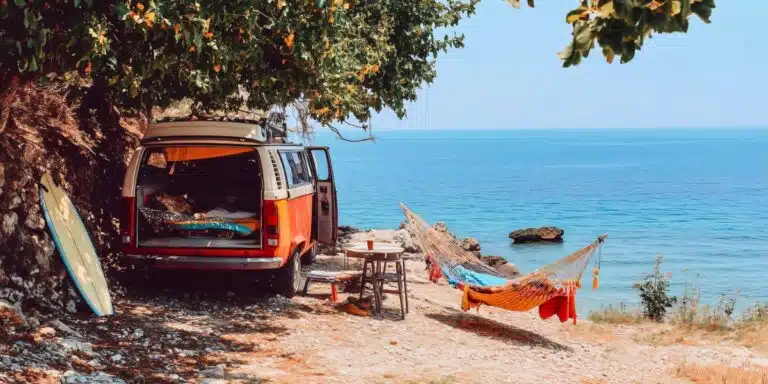
Hi Meira thanks for your comments, really good to hear your feedback about our motorhome blog! Safe travels Izzy & Phil
Thank you for being so helpful. This is “a Motorhomer’s Bible”